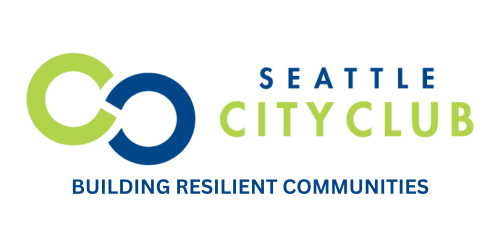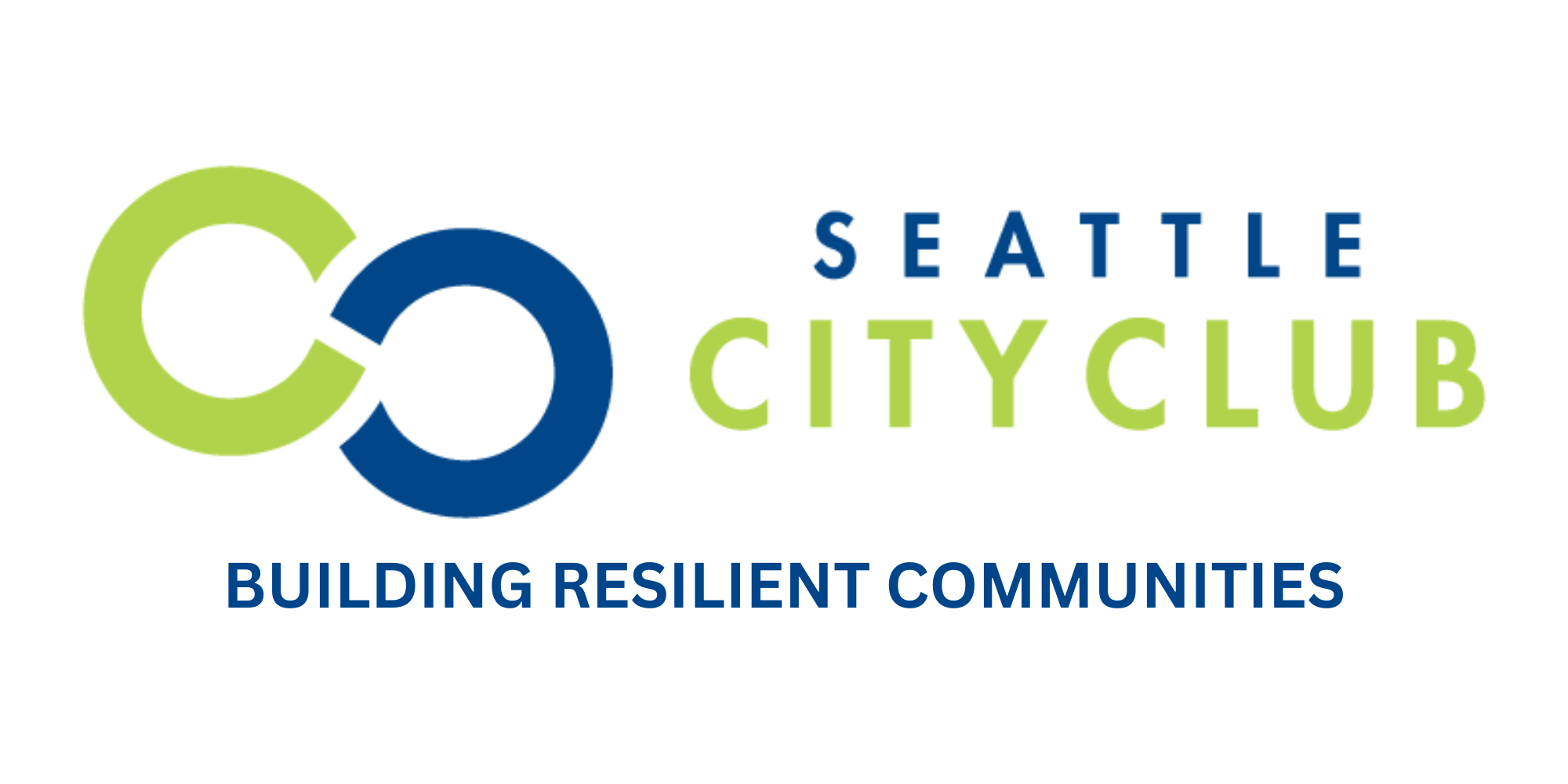
Who was the first (or one of the first) family members to become a U.S. citizen?
My father Joaquin “Jack” Chiong Uy [from] Manila, Philippines.
What did they do to earn a living once they arrived in the U.S.?
Even though my father was a celebrated homicide investigator for the Western Police District in Manila, he was unable to work as a police officer in the U.S. So his first job was as a security guard for General Electric’s industrial and research campus, Nela Park. At the time, Nela Park housed the headquarters of GE Lighting. My uncle Manuel (my father’s brother) was a G.E. researcher who worked there and later was part of a team that patented a type of outdoor light bulb. Uncle Manuel helped my father get his first job patrolling this sprawling industrial park.
Did they have family members already in the U.S. or were they the first in their family to immigrate?
My Uncle Manuel was one of the first of my father’s family to immigrate to the U.S. My father (his brother) came next. Then my mom and I came last.
What were their struggles? What were their successes?
We moved to Cleveland, Ohio in the early 1980s, where there was not a very large Asian population. Because of this, our neighbors and classmates had a lot of misconceptions about the Philippines and Asia in general. Many people I grew up with had never even heard of the country I was born in or could even identify it on a map! As a result, our family had to do a lot of explaining and re-explaining in regards to where we had originally emigrated from.
Even though my father was unable to become a police officer in the U.S., he still went on to become the very first civilian investigator for what was then the city’s very first civilian-run Police Review Board for the Cleveland Police Department. At that time, in 1983, the board had wide-ranging powers, including the ability to issue subpoenas and compel witnesses. He was not only the first investigator in such a position, but he was also likely the first Asian American investigating police misconduct in the US at that time. And this later led him to a distinguished career for the City of Cleveland, in their Public Safety Department, where he retired in 2008.
What is your favorite story about them or another ancestor?
My mom would tell me stories about how she and dad met. My mom was a dietitian working at a hospital in Manila. My father was a police officer who moonlighted as a security guard at the very same hospital. He flirted with her, then later courted her, and eventually they were married. Later I was born in the same hospital where they had met! Mom also told me that dad was kind of a rough guy, the kind of guy who would frequently get into bar fights. Both my father’s family and my mom have stories about how my father “calmed down” after he had met mom. And he became a much more relaxed and less conflict-prone person after I was born!
What family traditions did your ancestors pass down to you?
Every Sunday, after church, our family would go eat a big meal at a buffet or nice restaurant, and then we’d go shopping. Even though I don’t go to mass as much as I used to, I still carry on the tradition of big restaurant meals on most Sunday afternoons, followed by a trip to the mall or other shopping center, especially when mom visits!
How does your family celebrate holidays like Flag Day, July 4th and Veterans Day?
Every July 4th, we would have a barbecue. And we’d combine both traditional “American” meats and Filipino food. So, we’d have Midwestern-style barbecue ribs, which usually meant that the barbecue sauce was on the ribs while it was grilling. And we’d also have white rice, lechon kawali (a kind of fried pork), pancit (stir-fried noodles), and lumpia (Philippine-style egg rolls). My parents would play Filipino pop music during the barbecue, and then later we’d watch the fireworks over Lake Erie.
Are there other stories about your ancestors you’d like to share?
My parents were quite young during the Japanese occupation of the Philippines during World War II. At that time, there was rationing in every city. As a result, my parents’ families had very little access to food and the basic needs. So a lot of my family has stories about not having shoes, scavenging for edible herbs and vegetables in the forests, and always walking around the neighborhood barefoot. My father’s family has another story where the kids were able to find an old Japanese imperial army parachute that had been discarded by a soldier. And the family was so happy because lola (grandmother) could take the parachute fabric and sew new clothes for the kids and sheets for their beds.
What is one way Seattleites can help new citizens feel welcome?
Occasionally, throughout our nation’s history, close-minded pundits and individuals speak out against allowing refugees or immigrants into the US on the irrational and often unfounded pretense of fear and security. It is vitally important at these times for Seattle residents to write op-eds, send letters to the editor, post on social media, and have conversations with others about the American value of offering shelter and safety to those fleeing war, violence, and persecution. During times of fear-mongering, it becomes extremely important for us to tell our own immigration stories, and about how immigration is vital to the story of America. It is always important for us to remind ourselves and others that a welcoming city translates into a successful city, with a vibrant, multi-cultural civic life.

